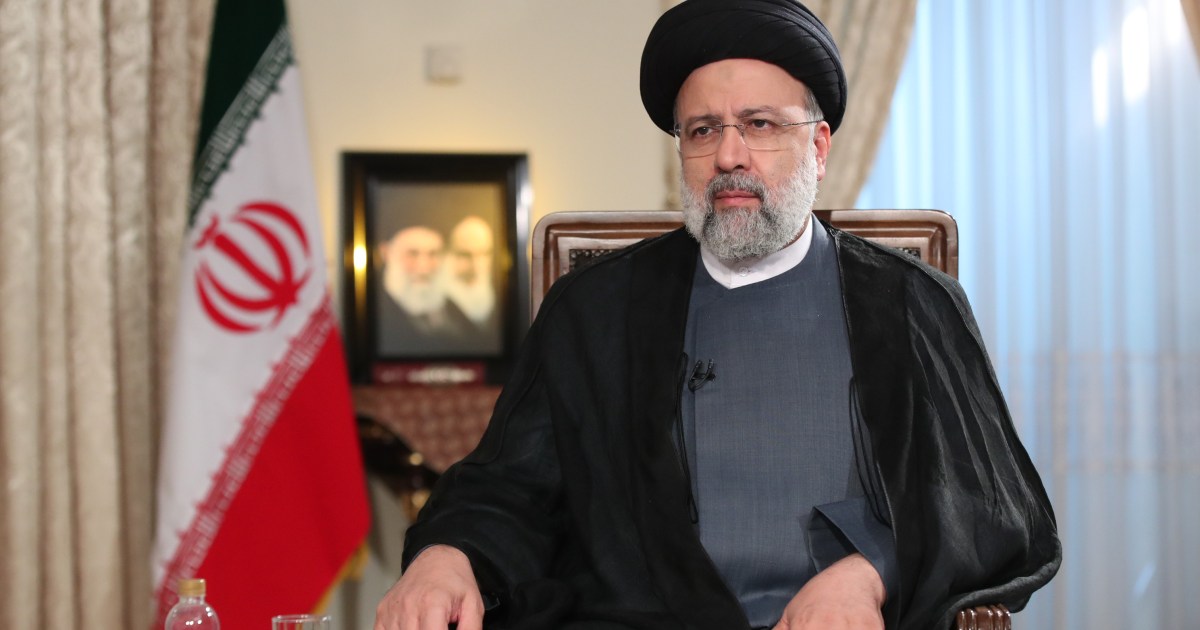Iranian President Ebrahim Raisi affirmed - today, Wednesday - that his country will not mortgage the solution of its economic problems to the decisions of some countries, while the Director-General of the International Atomic Energy Agency, Rafael Grossi, said that talks to revive the nuclear agreement are going through a very difficult juncture.
Raisi stressed that his country will continue its work to lift the sanctions, but that it will not condition the solution of its economic problems with the decisions of other countries, as he put it.
The Iranian president added that the Iranian government confirmed - during its closed meetings with the other parties in the Vienna talks - that it is following the strategy set by the Iranian guide Ali Khamenei in this regard.
Grossi said Wednesday that talks with Iran are "at a very difficult juncture" regarding the explanation of the origin of processed uranium particles found at seemingly old and undisclosed sites.
The IAEA and Iran agreed last March on a three-month plan to settle the issue, which has been a source of tension between Iran and Western powers even during broader negotiations aimed at returning Tehran and Washington to full compliance with the 2015 nuclear deal.
Awaiting satisfactory answers
In a panel discussion at the Davos Forum, Grossi said it was difficult to imagine any agreement to revive the 2015 agreement when the International Atomic Energy Agency has not yet received satisfactory answers on the issue.
Grossi is due to report to the International Atomic Energy Agency's 35-nation board of governors on progress in talks on open issues by the time the board's quarterly meeting begins on June 6.
"I hope that the time between now and the issuance of my report will be used well, so that we can at least begin to come up with a credible response to these matters," he said.
While Grossi's efforts to get answers from Iran are not part of broader talks to revive the 2015 deal, the lack of progress could lead to a new confrontation between Iran and the West on the agency's board of governors, which would complicate indirect talks between Iran and the United States, which It was last held in March of last year.

